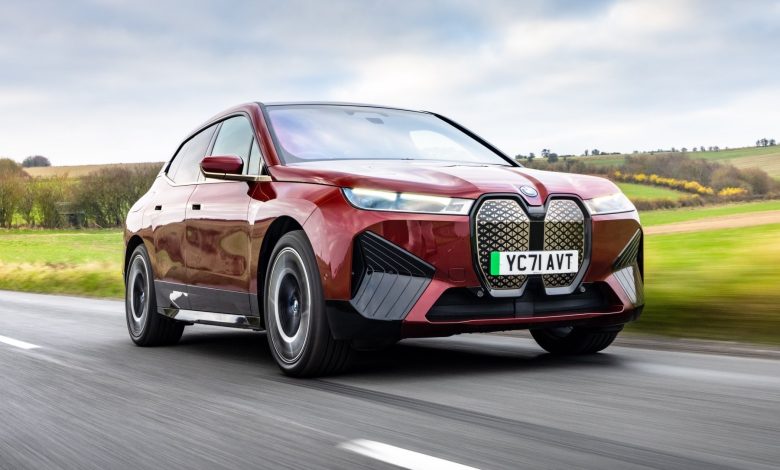Why Electric Cars Matter: Advancing Towards a Sustainable Future

Why Electric Cars Matter: Advancing Towards a Sustainable Future
Electric cars are not just another innovation in transportation; they represent a fundamental shift towards a more sustainable and environmentally friendly future. Their importance cannot be overstated, as they address several pressing global challenges and offer numerous benefits to individuals, communities, and the planet as a whole.
One of the primary reasons why electric cars are crucial is their role in reducing greenhouse gas emissions and combating climate change. Traditional internal combustion engine vehicles are major contributors to air pollution and carbon emissions. In contrast, electric cars produce zero tailpipe emissions when charged with electricity from renewable sources. By transitioning to electric vehicles, we can significantly decrease our carbon footprint and mitigate the harmful effects of climate change.
Moreover, electric cars play a vital role in reducing our dependence on finite fossil fuels. With concerns over dwindling oil reserves and geopolitical tensions surrounding energy resources, the transition to electric vehicles offers greater energy security and independence. By harnessing electricity from renewable sources such as solar, wind, and hydroelectric power, we can create a more resilient and sustainable energy system.
Additionally, electric cars offer economic benefits, both at the individual and societal levels. While the initial purchase price of electric vehicles may be higher than conventional cars, they have lower operating and maintenance costs over their lifetime. With fewer moving parts and no need for oil changes, electric cars require less maintenance, saving drivers money in the long run. Furthermore, widespread adoption of electric vehicles can create new job opportunities in manufacturing, infrastructure development, and renewable energy sectors, stimulating economic growth and innovation.
Furthermore, electric cars have the potential to revolutionize urban transportation and improve public health. With zero tailpipe emissions, electric vehicles contribute to cleaner air in cities, reducing respiratory illnesses and healthcare costs associated with air pollution. Additionally, electric cars operate more quietly than traditional vehicles, reducing noise pollution and creating quieter, more livable urban environments.
In conclusion, electric cars are not just a technological advancement; they represent a transformative shift towards a more sustainable, efficient, and equitable transportation system. By embracing electric vehicles, we can address pressing environmental challenges, enhance energy security, stimulate economic growth, and create healthier communities. Investing in electric cars today is an investment in a cleaner, greener future for generations to come.




